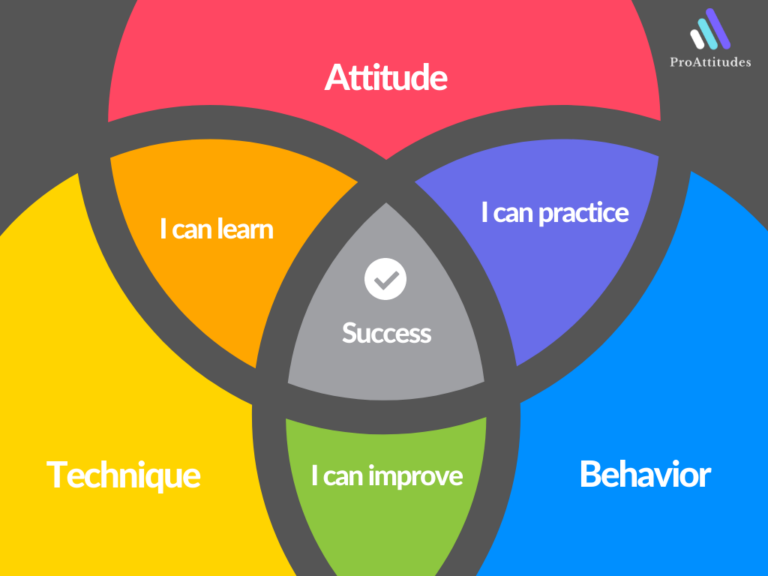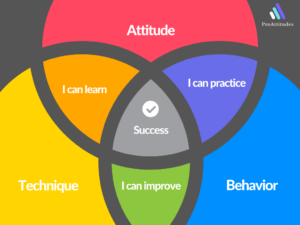Have you ever wondered why you sometimes have the power to resist temptation and other times you don’t? I’ve worked with many clients who are frustrated when they don’t have the “willpower” to do something. The good news is, you’re not alone. in a survey conducted by the American Psychological Association’s annual Stress in America Survey, the number 1 reason participants inability to follow through on a commitment was “lack of willpower”.
Willpower is the ability to delay gratification. If we all had more self-control, we would eat healthy, exercise, reduce our stress and make healthier lifestyle changes all the time. So what’s the problem? Why is willpower so illusive?
Many times, it has to do with the “headtrash” or, as one of my clients like to call it, “stinking thinking”. We all have the freedom to choose what we believe. It’s what drives our behavior. If you think you can you will. But, if you think you can’t you won’t. Sounds simple enough, right?
Every time you make a choice that delays your gratification and aligns with your commitment, you’re making a “health deposit” in your health bank account. Many of our health bank accounts aren’t filled. As a matter of fact, a lot of them are bankrupt! Once you make enough deposits, your health bank account will be filled enough for you to have the power to say “just this once I won’t”. Your goals should be aligned to your health savings. The less you have in savings, the easier and simpler the goals should be.
Here are some things you can do that will help you keep your commitments greater than your compulsions:
- Set a S.M.A.R.T. (specific, measurable, actionable, realistic, and time bound) goal.
- Keep track of how you are progressing with the new behavior by keeping a journal.
- Exercising “WON’T POWER”. When you are compelled to give in to temptation, tell yourself, “just this once I won’t”. This gives you permission for next time, which doesn’t seem so restrictive.
It doesn’t matter if you are working on training for a marathon, losing some extra pounds, spending more time with your family or reducing your social media time, your attitude towards commitments is an essential tool for your success and it requires practice.










